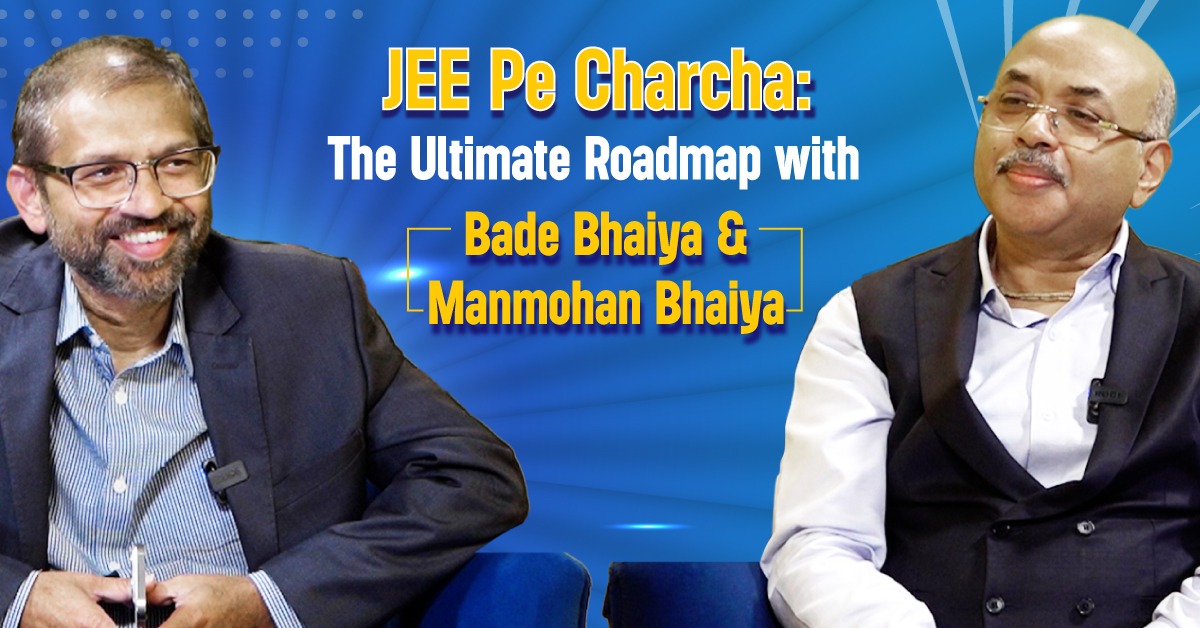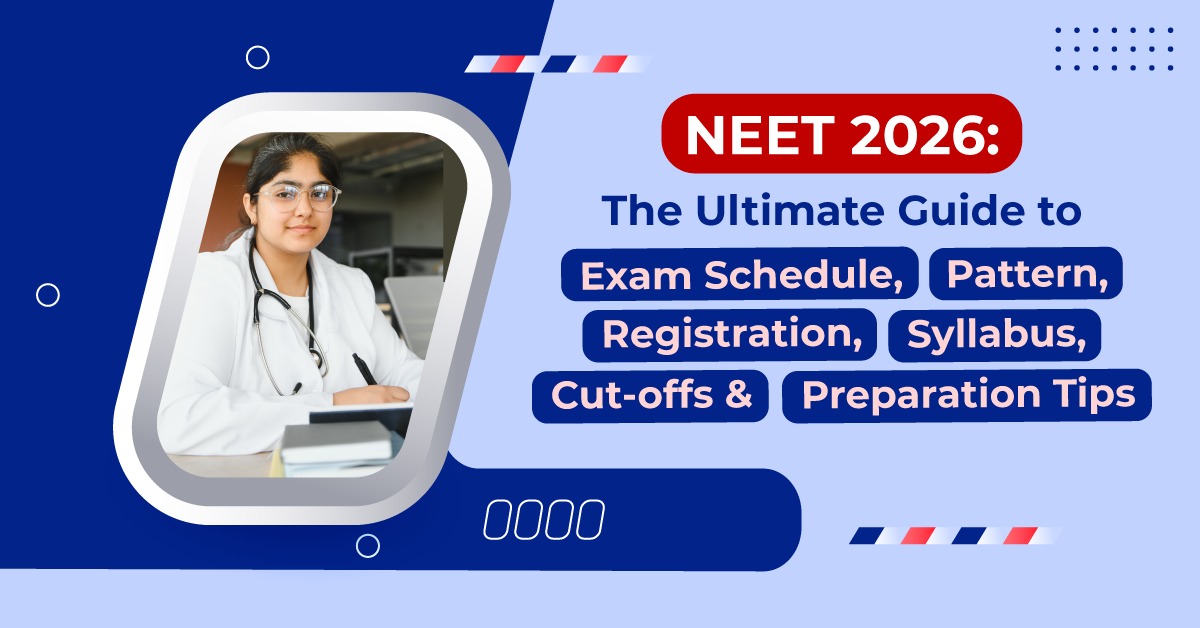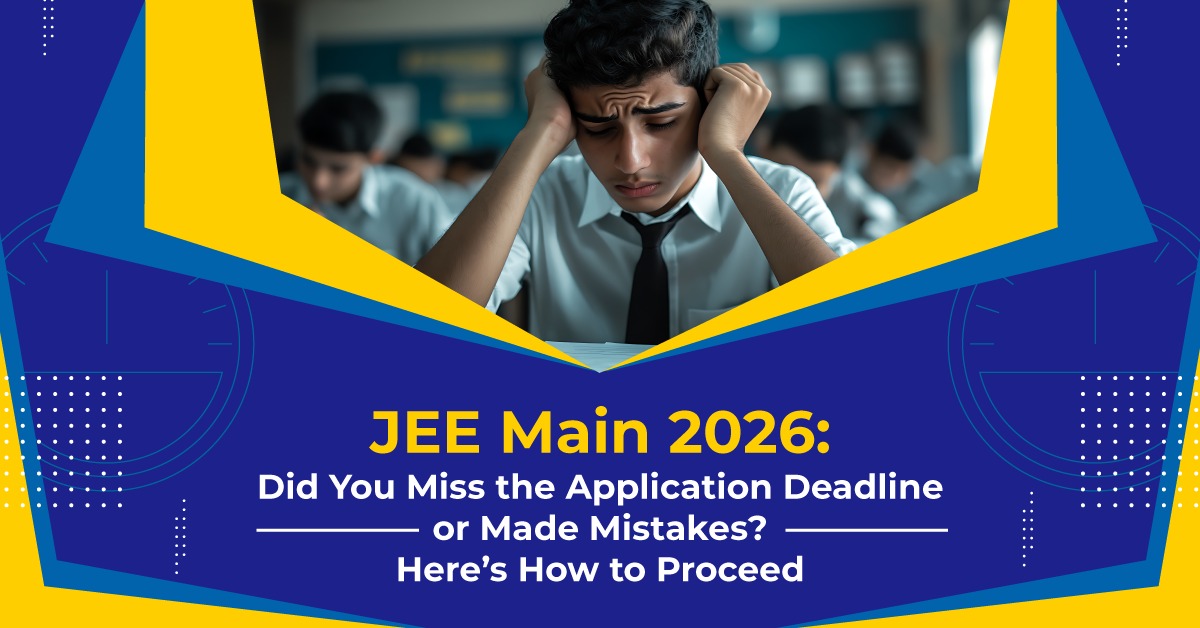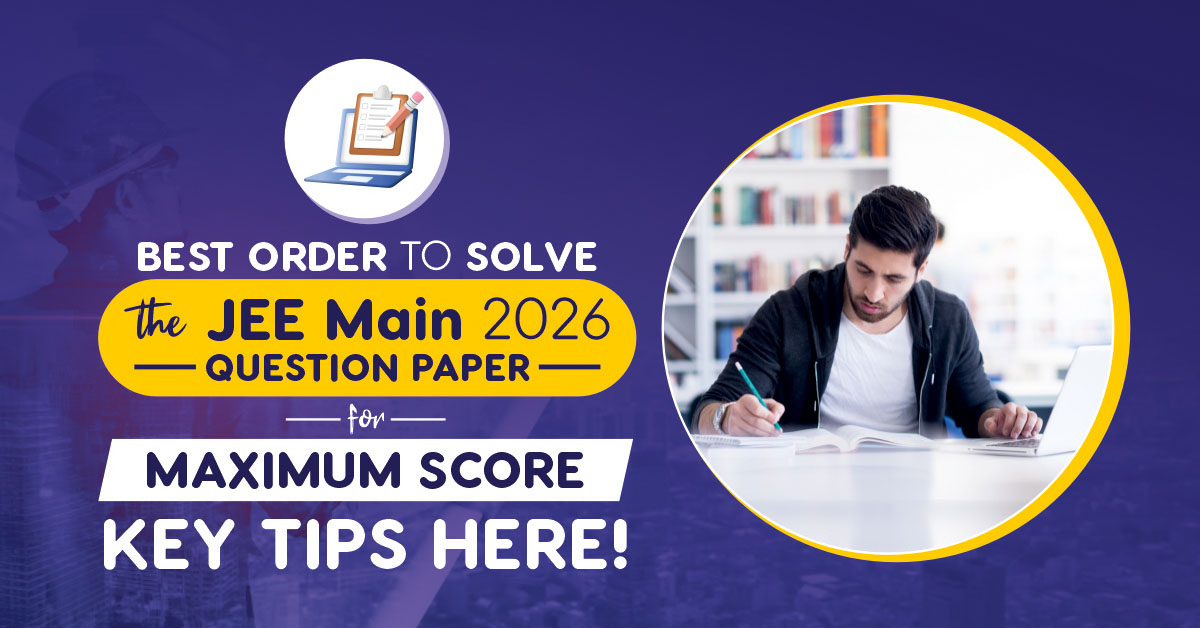
As October unfolds and the calendar inches toward the most decisive phase of preparation, thousands of Class 12 students find themselves at a critical crossroads. The finishing edge is almost here, and along with it comes a storm of questions, fears, and crucial decisions. How should one go about balancing pre-boards with JEE Main preparation? What shall be done with the incomplete 11th-grade syllabus, which is hovering over the students like a cloud? In a recent JEE pe charcha between seasoned educators Bade Bhaiya and Munna Bhaiya from Vidyamandir Classes, these pressing concerns were addressed with remarkable clarity and strategic insight. Their conversation offers a roadmap not just for the JEE exam, but for navigating the psychological maze that accompanies it.
The Three-Pillar Strategy: Your Non-Negotiable Foundation
The mentors laid out an unambiguous framework that should anchor every serious aspirant’s preparation from now until January. First, complete your revision of whatever syllabus remains—but do this intelligently, not obsessively. Second, tackle Previous Year Questions (PYQs) with dedication; these aren’t just practice problems but windows into the examination pattern and mindset. Thirdly, and possibly the most important one, engage in time-bound testing. Whether you do 40-50 full-length tests or only 25-30 because you are behind, this part is a must. Those hours of intense focus under exam-like conditions are going to create something in you that the books cannot give— endurance, control of time, and most importantly, the quality of not getting disturbed even when anxiety is trying to take over your performance.
The 11th Standard Dilemma: Smart Revision Over Blind Panic
At this point, the discussion started to get very practical. The majority of the students consider the unfinished 11th-grade preparation as a heavy weight they have to carry around with them. The secret? Not every topic from 11th needs to be mastered in order to come out victorious in JEE Main. Each topic has been allocated a fair number of questions—roughly one or two from every chapter—in which case the selection of topics becomes your superpower. Topics like sequence and series, quadratic equations, or thermochemistry that require less revision time should take priority. On the other hand, areas that consume time, like complex numbers or rotation mechanics, may be strategically deprioritized in case your workload is big. The discussion in this JEE pe charcha about the key insight was simply remarkable: the initial move of 2-3 full-length tests is recommended to pinpoint your true weak areas as opposed to assuming the need for revising everything starting from chapter one.
The Chemistry Secret That Changes Everything
One of the most emphatic pieces of advice came with regard to the preparation for the chemistry part. NCERT is not simply a book— it’s the blueprint. Almost all inorganic chemistry questions in JEE come directly from NCERT chemistry. For organic chemistry, the reactions covered in the NCERT form the foundation upon which JEE questions are constructed. The teachers even presented a student’s success story as a convincing example: a student who resisted the temptation of advanced materials in November but rather took control of NCERT finally ended up getting the perfect score of 300 in chemistry. It is not about having limited preparation; it is about being rock-solid in the basics. Every JEE coaching class prioritizes advanced problem-solving but the winning strategy may just be to first get the basics absolutely perfect.
The Mindset Battle: Your Actual Opponent
The true battle lies in controlling your mind, beyond formulas and mock exams. The mentors cautioned about some dangerous traps. They stated that mock test scores are not prophecies of your final rank but rather tools for learning. Drawing percentiles after every test makes a false image that gives birth to underconfidence. The guilt of not studying earlier, the allure of YouTube videos that promise quick tips, the anxiety from incomplete syllabi—these psychological barriers frequently result in more harm than knowledge gaps do.
The mentors’ words were simple yet freeing: cut off all recreational distractions, focus on wisdom not emotions, and learn that every rank counts. It does not matter whether you are striving for the top 5,000 or are already at 50,000; every step forward is worth it. The moment you give up due to stress, you don’t plateau—you plummet.
The Advanced Student’s Dilemma
The strategies for those high-performers who were always scoring 200+ in mocks were different. The students who were ahead must continue their advanced problem-solving skills—solving 10 difficult math problems every day, plus doing the same in physics and chemistry with the same intensity. The risk here is not working too hard but losing the ability to solve difficult problems and hence, going back to focus entirely on Main. The brain’s capacity for difficult questions is like a muscle that grows weaker if not exercised.
Final Verdict
The argument regarding pre-board versus JEE main was clearly resolved in January: give it your all without any reservation. Schools might insist on the pre-board being the main focus, but the truth is that among the exams, the board exams are still the most lenient ones. A powerful performance in January does not merely assure a good percentile—it also instills confidence and gains momentum that turns an April attempt from an anxious backup into a victorious confirmation.
The takeaway from this valuable JEE pe charcha is loud and clear: the coming months with proper revision, regular testing, and strong mental discipline, can certainly change your whole path. The issue is not if you can succeed, but if you are wise enough to make it happen.
FAQ’s
1. How many time-bound tests should I give before JEE Mains, and when should I start?
Well-prepared students should plan to take 40-50 full-length tests starting from mid-October or November. The students with more unpreparedness should take a minimum of 25-30 tests at least. For practice papers, do at least 20 papers (10 from January sessions, 10 from April sessions) in a time-bound format, leaving 2 papers for the end to build confidence.
2. I have a significant backlog of the 11th standard. Should I panic and try to get everything done?
The good news is that there is no need to panic. Just don’t stress yourself about doing all the 11th topics. Work on those that are quick to revisit and where you have some understanding. First take 2-3 full tests to check which 11th topics are actually being tested and need your attention. Always keep PYQ practice and time-bound tests as a priority rather than revision. Keep in mind that there are questions available from most of the topics, hence even if you miss out on some areas, you can still score well.
3. Which topics should I prioritize for quick revision in Math and Chemistry?
Math: Go for the less time-taking topics – straight lines, matrices & determinants, probability, limits, sequence & series, quadratic equations. All these are formula-based and quickly done. Devote less time to complex numbers, and permutations (unless doing probability), and rotation in physics.
Chemistry: Focus on NCERT totally (especially for inorganic – 100% comes from NCERT). Solutions, thermochemistry, chemical equilibrium, and coordination compounds are easy scoring chapters. Do not spend much time on thermodynamics.
4. Do I have to concentrate on JEE Mains January or wait for April to score better?
Just give your very best for the January exam. This is paramount – the competition is lighter, and a lot of students don’t consider it seriously. A score of 94+ in January (even if you could score 90 just by not preparing) will give you the confidence and the push to keep going. Those who do well in January usually lift to 98+ in April. The thought “I’ll prepare better for April” should never be in your mind – it is this mentality that makes you lose and go from 50,000 rank to 2 lakh+.
5. Should I work on JEE Advanced-level questions or concentrate only on Mains?
If your mock-test scores are consistently above 220 out of 300, you MUST keep practicing to the level of Advanced (Part B/C difficulty) – try to answer 10 questions daily in Mathematics, 15 in Physics, and 20 in Chemistry. Do not let your “Advanced mode” thinking get rusty. On the other hand, if you are scoring below 200 or you are struggling with the basics, you should focus completely on JEE Mains preparation. With a 98+ percentile in Mains (≈15,000 rank), you can secure admission to the best colleges and top branches, which is better than an unsuccessful attempt at Advanced.







0 Comments